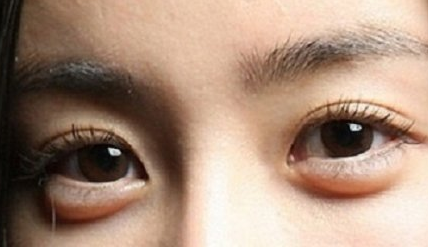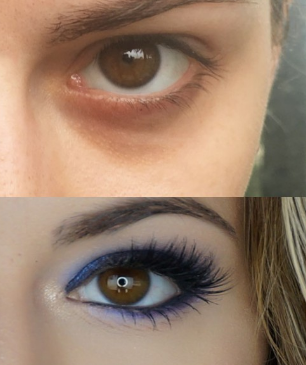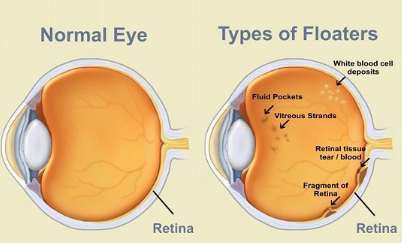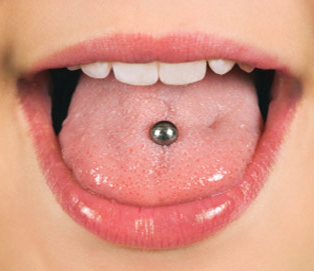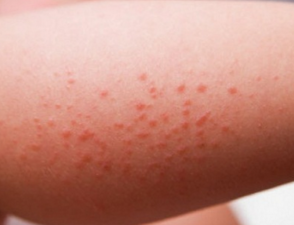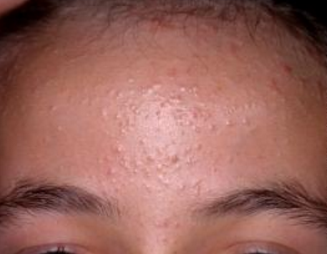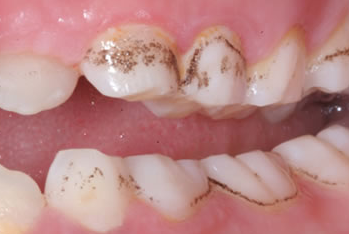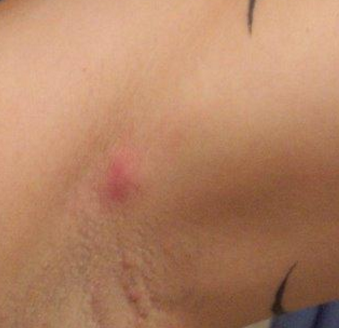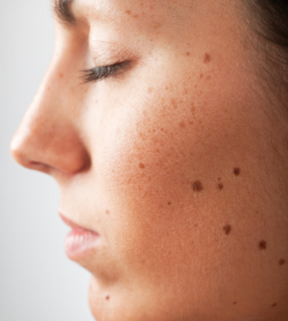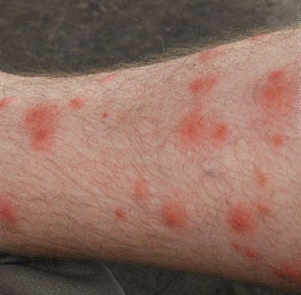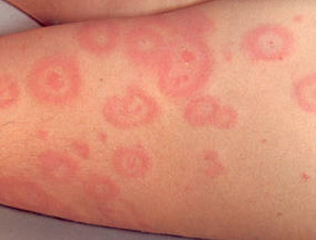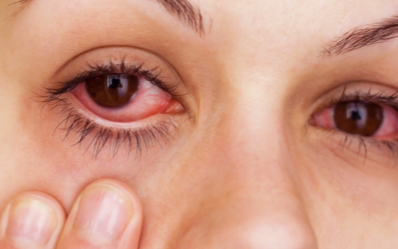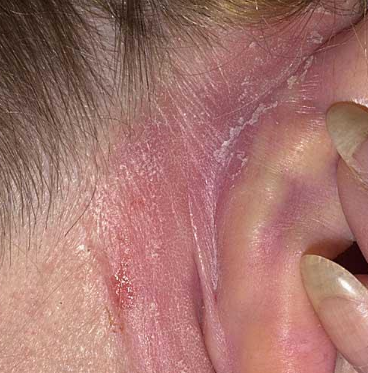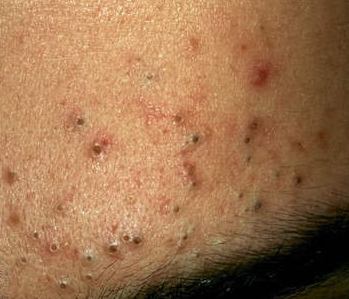A critical observation of swollen eyes from crying, puffy, under eye, causes, treatment and home remedies. There are several reasons on why eyes can become puffy or swollen.

swollen eyes from crying
Puffy Eyes from Crying
Puffy eyes after a night’s sleep is easier to explain. It is most often related to drinking water late at night or having too much sodium in the diet, which causes water retention. Basically, it means that water has accumulated under the skin around the eyes. Such swollen eyes can also be caused by lack of sleep, too much alcohol, salt or caffeine, and there is also a genetic predisposition.
Bags under eyes — mild swelling or puffiness under the eyes — are common as you age. With aging, the tissues around your eyes, including some of the muscles supporting your eyelids, weaken. Normal fat that helps support the eyes can then move into the lower eyelids, causing the lids to appear puffy. Fluid also may accumulate in the space below your eyes, adding to the swelling.
Swollen eyes from crying are usually a cosmetic concern and rarely a sign of a serious underlying medical condition. At-home remedies, such as cool compresses, can help improve the appearance of bags under eyes. For persistent or bothersome under-eye puffiness, cosmetic treatments are available.
Swollen Eyes from Crying Causes
A swollen eyelid occurs when there is inflammation or excess fluid (edema) in the connective tissues surrounding the eye. Swollen eyes can be painful and non-painful, and affect both the upper and lower eyelids.
There are numerous causes of a swollen eye, including eye infections, eye injuries or trauma, and, most commonly, allergies.
Swelling of the eyelids can be a sign of a more serious, potentially sight-threatening health problem, such as orbital cellulitis, Graves’ disease and ocular herpes.
It’s important that you visit your eye doctor for a thorough eye exam if your symptoms persist, worsen or change.
The human brain is highly connected via a neural network to the tear ducts in the eyes. When we experience an emotion, such as sadness, messages from the brain are transferred to the tear ducts. Once these messages reach the tear ducts, the ducts emit a salty substance consisting of lipids and oleamide (which also causes people to feel sleepy). The tears come from the lacrimal apparatus, which are located on the side of the eyes and the top inner corner of the eyes.
When we cry, excess tears overflow down the cheeks while the rest flows through tiny tear drains into the nose and then into the throat. This explains the runny noise and the strange voice that we get when crying. Excessive crying may put strain on the lachrymal apparatus and create redness, or itchiness of the eyes. Rubbing the eyes to relieve this itch also contributes to redness and swelling.
Symptoms of Swollen Eyes
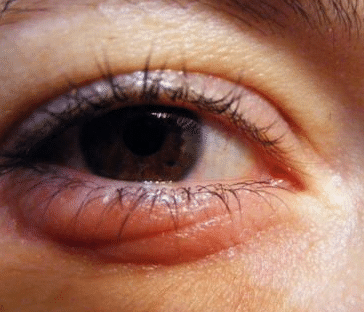
swollen eyes from crying causes
Swelling of the eyelids is a symptom of an underlying cause, such as allergy or infection. Swollen eyes usually are accompanied by one or more of the following:
- Eye irritation, such as an itchy or scratchy sensation
- Excess tear production, resulting in watering eyes
- Obstructed vision (depending on the extent of the swelling)
- Redness of the eyelid
- Red eyes and inflammation of the conjunctiva
- Eye discharge, or “mattering”
- Eyelid dryness or flaking
- Pain, particularly when swollen eyelids are caused by infection
Puffy vs. Swollen Eyes
The term “puffy eyes” often is interchangeable with “swollen eyes.” Swollen eyes is generally used to describe an immune response to allergy, infection or injury, whereas “puffy eyes” is more likely used to refer to the external physical characteristic of swollen eyes from crying and water retention, lack of sleep or genetic traits like dark circles under the eyes.
Why Do Eyes Swell After Crying?
The watery component of swollen eyes from crying- tears- is produced in the lacrimal glands near the eye and are essential for healthy eyes, keeping the eyes cleansed, protected and lubricated.
Tears drain through the nasal cavity, which explains a runny nose after excess tear production.
There are three types of tears:
- Basal tears, which provide a constant film of tears to keep the eye moist.
- Reflex tears, which protect the eyes when they are exposed to irritants such as smoke or come into contact with a foreign body.
- Emotional tears, which are produced in response to a strong emotion.
With emotional tears, the lacrimal glands are sent into overdrive, producing a continuous flow of watery tears. The fine tissues around your eyes absorb some of the overflow of tears, causing the eyes to become temporarily puffy and swollen eyes from crying.
In addition, the autonomic nervous system responds to strong emotion, such as the urge to cry, by increasing blood flow to the face, further contributing to the appearance of swollen eyes.
While having swollen eyes from crying can be an unwanted telltale side effect, it’s not all bad news: experts suggest “having a good cry” can make you feel physically and emotionally better and that crying is the body’s way of eliminating toxins caused during times of elevated stress.
Swelling around the eyes generally results from a variety of factors, including:
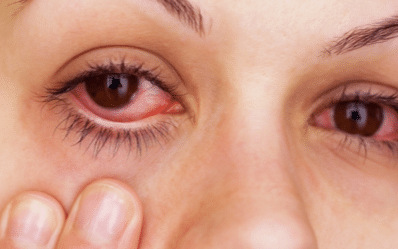
swollen red eyes from crying pictures
- Overconsumption of (refined – my note) salt, which causes fluid retention
- Allergies that can cause inflammation and swelling
- Sinus problems
- Dehydration
- Fatigue and lack of sleep
- Stress
- Crying
- Aging
- Inherited facial features
Other common causes of swollen eyes include the below;
- Allergies – Allergies are a very common reason why most people suffer from any type of eye symptom. Indoor and outdoor allergies can release histamines into your system, which only makes the problem worse and causes you to do things such as rub your eyes, which releases more histamines and causes swelling, sometimes severe swelling.
- Eye Infections – Eye infections often lead to swelling of the tissue surrounding the eyes and eyelids. There are many types of infections caused by viruses or bacteria.
- Blepharitis – This is a condition that causes inflammation within your eyelids. There could be underlying conditions such as dandruff, dry eyes and infections which can cause Blepharitis. Besides the swelling of your eyes, symptoms will also include burning, itchiness, excessive tearing and the feeling of a foreign substance within your eye.
- Conjunctivitis– This is a contagious infection that could be viral or bacterial in origin. It can also be triggered by allergens, contact lenses, environmental irritants and eye drops and ointments. Besides swelling, it causes your eyes to burn, itch and become red in color. As said before, it’s contagious, so take precautions to reduce transmitting it to someone else, or receiving it.
- Eye Stye – Styes are similar to pimples, only they are inflamed sebaceous glands located near the base of your eyelids. It is so important you leave styes alone, and don’t try to pierce or squeeze them, as they can spread throughout your eyelids. Washing your hands is crucial before touching your eyes, especially when you have a stye.
How to Get Rid of Swollen Eyes from Crying Fast
Treatment of swollen eyelids depends on the underlying cause. Your optometrist or ophthalmologist may prescribe medication or recommend over-the-counter remedies such as eye drops.
Generally, if your swollen eyes are due to allergies, antihistamine eye drops or oral allergy medication, as well as lubricating “artificial tears” will help relieve symptoms. Your eye doctor also may recommend mild steroid drops for more severe allergic reactions.
Other causes, such as infection like conjunctivitis or ocular herpes, respond well to anti-viral or anti-inflammatory eye drops or ointments, or antibiotics.
Minor bouts of swollen eyelids can be eased with home remedies. First and foremost, avoid rubbing your eyes as this will only aggravate your condition.
Also, if you wear contact lenses, remove them until swelling resolves.
Applying a cool compress sometimes can reduce eyelid swelling, as well as splashes of cold water to your closed lids.
If symptoms continue or worsen, or if you experience any pain in your eye, see your eye doctor immediately to rule out a more sinister cause of your swollen eyes.
Swollen Eyes from Crying Remedy, Tips to Prevent

how to get rid of swollen eyes fast
- Get tested for allergies. If swollen eyelids and other symptoms of allergies are a regular occurrence, get yourself allergy tested. By knowing what you’re allergic to, you can try to avoid specific allergens or, at the very least, minimize your exposure to them.
- Choose makeup and other beauty products that are hypoallergenic and fragrance-free to help avoid allergic flare-ups. You can also do a patch test on the inside of your wrist before using the makeup on your face to rule out any allergic reaction.
- When using eye drops, look for preservative-free eye drops. While preservatives in regular eye drops inhibit bacterial growth, some people are allergic to these preservatives.
- If you wear contact lenses, you can minimize your risk of eye infection or irritation by practicing proper hygiene techniques, including frequent replacement of your contact lenses and contact lens case.
Crying sets off an imbalance in the eyes and causes them to retain fluid, which is why the puffiness continues. Try the following tips to fast reduce crying-related puffiness:
• Drink water, which helps restore fluids.
• Sleep, which restores fluid imbalance.
• Place chilled cucumbers over your eyes, which helps relieve pain from the puffiness.
Covering it up
Use makeup to help cover up crying. This must be done once you’ve finished. If you cry again, it can ruin the make-up. Both men and women can benefit from this when in need. Use a concealer to manage dark puffy circles or an eye serum to reduce the swelling;
- Use a concealer and foundation matched to your skin tone. Apply concealer first, gently under the eyes, followed by a small amount of foundation spread evenly. Translucent powder can then be applied to cover up any shine and darkness.
- Use a dark blue mascara, as this color will counteract the redness.
- Don’t apply too much.
Get a pair of sunglasses in a pinch. Wearing large dark sunglasses can cover up your eyes. No one will be able to see your eyes or the area around them. This can be an adequate cover;
- Many corner stores and gas stations sell sunglasses.
- If people ask why you’re wearing them, you can make up an excuse
Make an excuse to explain the look of your eyes. Claim you were cutting an onion. Also say you were just watching a really sad movie. Blame the puffy, red eyes on allergies and a recent sneezing fit.
Home Remedies for Swollen Eyes from Crying

home remedy for puffy eyes tea bags
Crying can actually be beneficial for your health by offsetting the effects of adrenaline and cortisol, helping ease stress. Unfortunately, puffy eyes that result from a good cry can linger well after all the tears have dried. Luckily, you do not have to look any further than your own kitchen to fix your swollen face. Follow the below home remedies to minimize the effects of swollen eyes;
Step 1
Fill a small bowl halfway with water. Add three to four ice cubes to the water. Saturate a washcloth with the ice water, wring it out and apply it to your puffy eyes for five minutes. The cold compress removes redness and suppresses inflammation. Repeat three to four times or you can Wash your face for five minutes with cool water, or apply a damp, cool washcloth. This will help reduce redness and swelling. Splashing the cool water on your face for a longer period of time, such as five to ten minutes, will tighten your skin and reduce the appearance of crying. Also, when you leave, your wet eyes and face can be attributed to having washed.
Step 2
Remove a container of milk from your refrigerator. Pour a small amount of milk into a cup. Saturate two large cotton balls with the milk. Aside from relieving puffiness from crying, milk will also brighten dark circles under your eyes. Lay the cotton balls on your closed eyelids for 10 minutes. Repeat until puffiness is gone
Step 3
Soak two black or chamomile tea bags in a cup of ice water for 10 minutes. The tannins in tea help constrict blood vessels, relieving puffiness. Remove the chilled tea bags and wrap them individually in a tissue. Set the tea bags over your puffy, closed lids for 15 minutes. Repeat if necessary. The herbal material in the tea bag can also help soothe your skin. Let the cool sachets sit on your eyes for ten to fifteen minutes. Repeat this if necessary. It can also help to relax you, easing your emotional stress. They contain anti-irritant properties that help reduce swelling around your eyes. They can also relieve redness and inflammation.
Step 4
Open a vegetable crisper drawer and take out a potato or cucumber. Cut two slices of potato or cucumber and place one slice over each closed eye. Allow the slices to remain on your puffy eyes for 10 to 15 minutes. These slices will help cool your eyes, and they will function in the say way as the tea bags. You will need to chill the cucumber in the fridge, and then apply it to your eyes. Repeat the process with two more fresh slices if eye puffiness remains.
Step 5
Massage your eyes with the cushions of your fingertips, gently. Massage the soft skin between your eyebrows and the inside corners of your eyes. This gentle massaging action will remove excess fluid that develops during the crying process.
Swelling under Eye Treatment
Swelling of the eye, also referred to as periorbital puffiness, refers to the presence of excess fluid (edema) in the connective tissues around the eye, most commonly the eyelids. A swollen eye can result from trauma, infections, or other injuries to the eye area.
Prolonged crying is a common cause of swollen eyes from eyes. Virtually any cause of inflammation to the eye area may manifest as eyelid swelling, although allergic reactions are likely the most common cause. With allergic reactions, the swollen eyes from crying may also be red and itchy as well. Rarely, systemic conditions (affecting the entire body) may result in fluid retention, including fluid retention in the tissues around the eyes.


